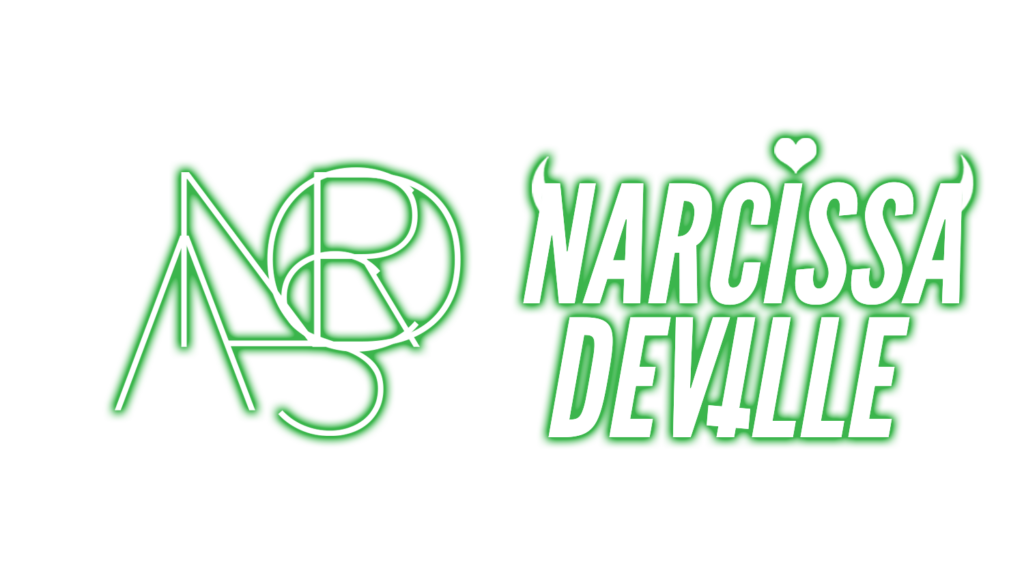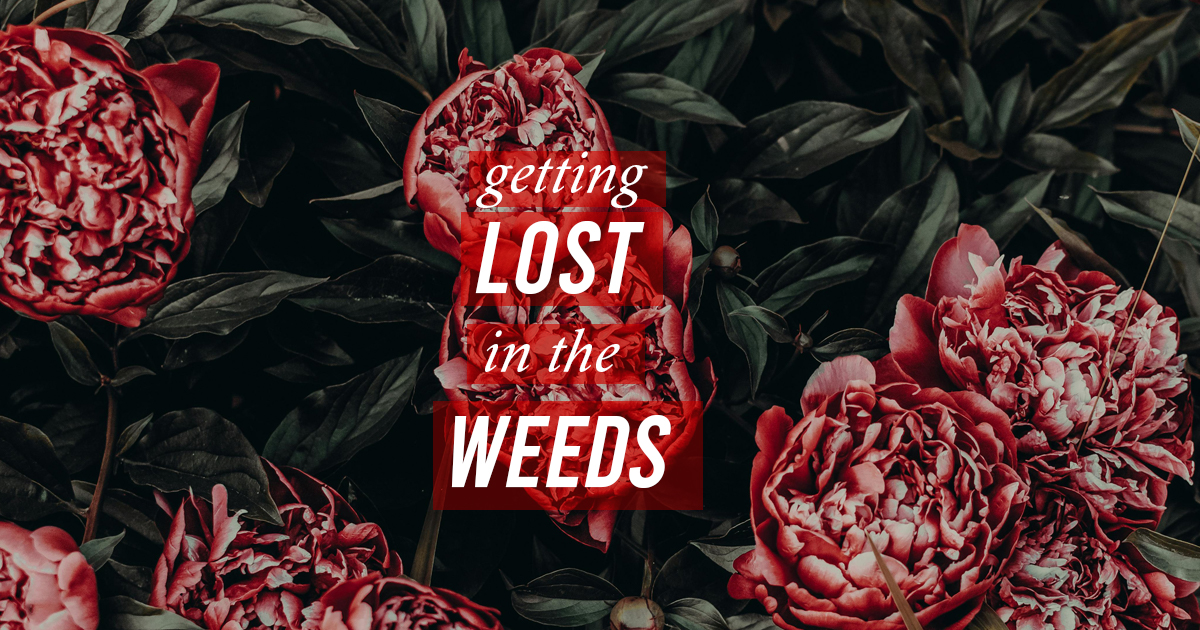

Over the course of my life I have had a great deal of friends who were writers like myself. We all have different styles of writing, different preferred genres, and crucially, different styles of how we planned (or in my case at the time, didn’t) our stories. One of my friends in particular in my youth was an in depth planner. The sort of planner that I found frankly intimidating, and perhaps a bit impressive, even if I had no desire personally to ever be that detailed about it. She knew everything about her characters. She had everything mapped out and researched before she had written a single word, to the point that every scene, every chapter was intricately and meticulously planned down to the last detail.
Even now as someone who has gone from writing by the seat of my pants to something of a (admittedly begrudging) plotter in the span of just a few short years, I could never imagine getting that in depth. Still I admired how much she seemed to know about her characters in advance. More often than not I felt like I was often discovering my characters through the course of writing about them, and sometimes (especially in those early days) I wasn’t even sure I totally had them nailed down completely. Their apperances usually stayed the same but their personality could vary from edit to edit or even through rewrites of stories I did over the years. And that’s fair most people aren’t necessarily stagnant. They aren’t just one thing. Real people are complicated. They can be generally good people but also an asshole on occasion. They can be loud around the right people, but otherwise shy. They can be creative and intelligent, and make mistakes that are unebelivably foolish.
Ironically, by focusing on this aspect, I’m doing exactly what this very post is about, the trouble of getting lost in the weeds. Often when I was observing my friend and her detailed outlines, that she had to do before she would write anything, I found myself wondering if she actually did end up writing actual chapters beyound just what was outlined. As someone who was very much a write by the seat of your pants style of writer for much of my early writing career, I had no idea how easy it was to fall into a spiral of outline perfection.
It’s so easy to get stuck in the minutiae of the planning process and wanting to know every little detail that you forget that writing a book is about more than just planning. Outlining is an important step for many authors, but that isn’t the whole story, and I’m only now realizing how true that can really be.

A Mix of Methods
After finishing my most recent novel (which I plotted in my standard method) I was eager to get started on a new project. Depending on who you ask it’s usually a good idea to give the last project some breathing room before you get too deep on editing, and being that I have a plethora of ideas at any given time, I was more than ready to get started on something new. I even had a project in mind, one that I’m very excited about.
This current work in progress is somewhere in between my usual outlining process (creating a general chapter by chapter outline) and running by the seat of my pants. How does that work you might ask? At present the first five chapters of the book have been outlined in my chapter by chapter style, while the rest of the book is more of a general outline of important plot points and relevant details that aren’t tied to any specific chapter.
I know where the book is going, and since this is the first book in a planned series, I also have an idea where the rest of the books are going as well but I’ve left myself quite a bit of wiggle room in this as well. The thing is–I’m not quite sure how I feel about it.
After having not completed several stories now over the last five-ish years or so, and knowing that of the stories I did finish in that time frame both of them were outlined), it’s hard not to be anxious about leaving things to chance. I can’t help but feel like I want or even need to outline more in depth. Like I said, I do know where the story is going. I have a general overview, and I’ve already written 2 out of the 5 chapters that are outlined, but after that I’m kind of on my own.
It almost feels like swimming in the middle of the ocean without a life preserver, I’m not even sure how I did this before, and I used to do it all the time. The funny thing is I can’t help but feel like a switch has flipped in my brain. For most of my life outlining felt like an exercise in futility because more often than not the story did not want to obey the outline that I created and then it would feel like a waste of time. But once I started viewing outlines as more dynamic in my mid-20s, it was like there was a shift. The way I viewed how outlines worked was fundamentally altered in my brain and as a result I haven’t really finished a book without an outline since.
It should be noted however that of the projects that I haven’t been able to complete in the past for one reason or another, they also had outlines. My feeling discouraged or otherwise dropping the project was never explicitly because I didn’t know where to go. I knew exactly where the story was meant to go, but for one reason or another I just–didn’t continue. Another story caught my attention, fanfiction and the instant gratification of receiving feedback on my work caught my attention, and other stories fell by the wayside. I’m not proud of it, it just is.
Now, however, I find myself in an interesting space, caught between my old way of writing and my new way of writing. I know where the story is going, I know what is going to happen, but I miss the spontenanity of letting things happen a little more freely. I want to explore letting the story take over a bit more, and I can’t help but worry that because I keep pausing my actual writing to try and outline I’m going to get lost in the weeds, unable to see the forest through the trees.
A novel is like a lot like a forest. Chapters are like trees and each scene is like a branch, each word and sentence a leaf. It’s easy to get caught up in an individual tree or bush or even leaf and get completely lost from the big picture. Often as writers, especially those who plot (among whom I’m now a part, if begrudgingly) it’s even easier to get lost. Outlines are, in my not-so-humble opinion, the easiest part of writing a book. Where they can become tricky is usually whilst writing a chapter I will find myself coming up with important aspects that will only become relevant later but that I’m building into whatever chapter I’m working on, and so I have to write that note down and it’s easy to forget where you were. It can be tricky to focus on the individual chapter at hand because something else that’s going to come up down the line is now very pressing to think about.
None of this is a bad thing and as I’ve said repeatedly I don’t think there’s necessarily a right or wrong way to write or outline (unless you’re using AI to do it for you or even with you), but when you get so focused on the micro you often lose the macro.
Like all of writing, outlining is a balancing act, ensuring you focus on the details sure, but you also have to zoom out and focus on the big picture. Will I end up going back and finishing my chapter by chapter outline? Only time will tell, but for now, I’m eager to see what I can do writing things as they stand. Maybe the story will end up taking me somewhere I never imagined, or maybe it won’t.

